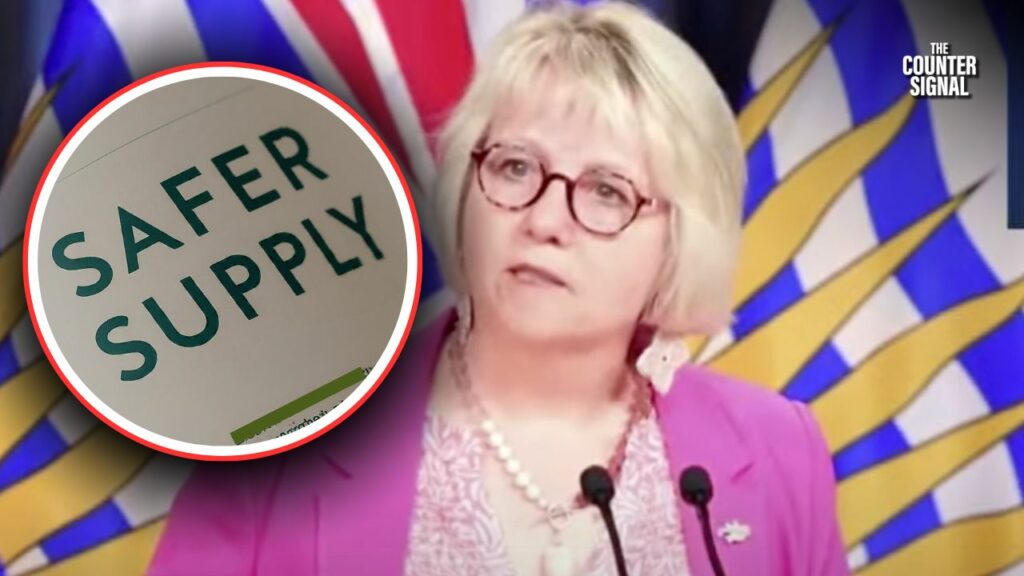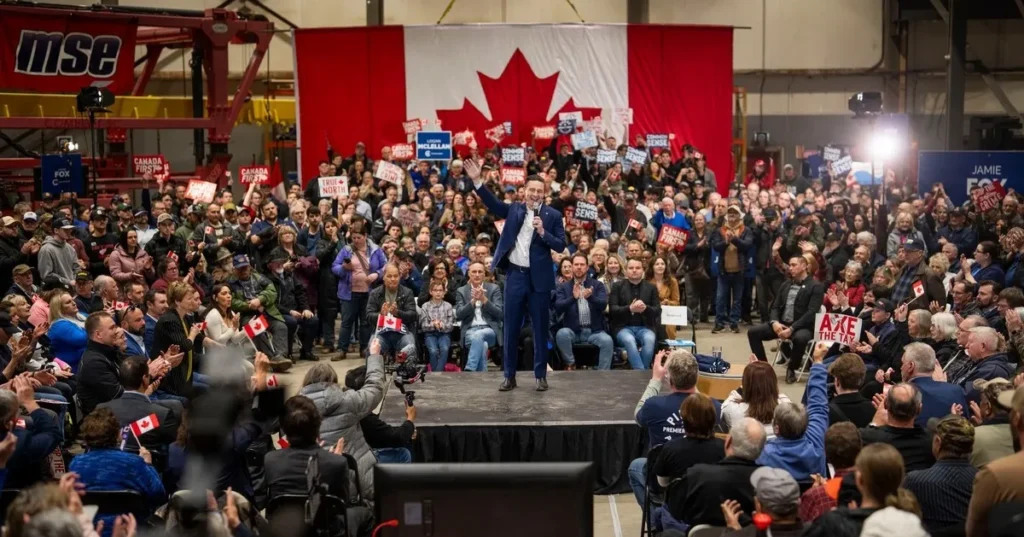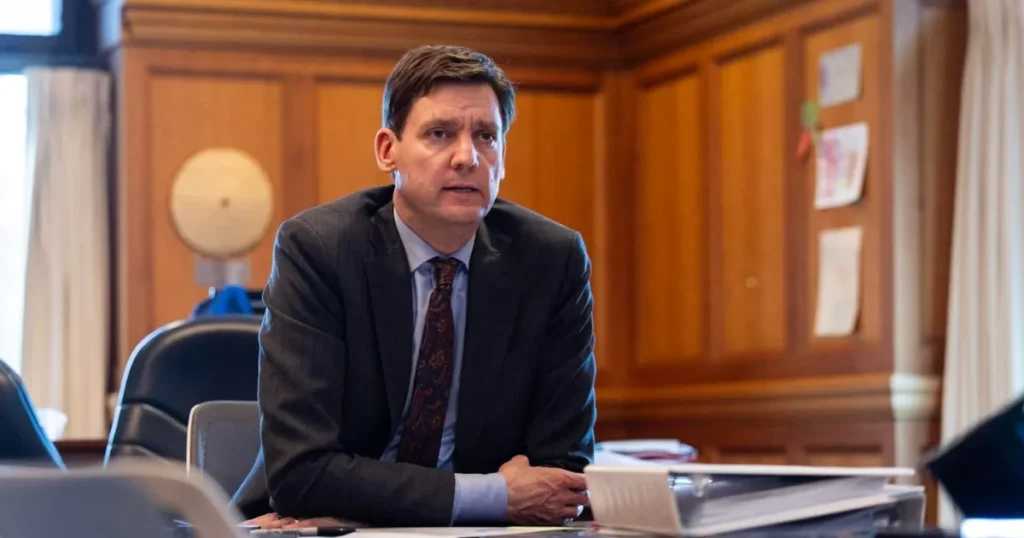A report on “Safer Supply” in British Columbia reveals that the province’s Provincial Health Officer, Dr. Bonnie Henry, was informed in March of the potential negative consequences of the province’s experiment.

“Safer supply” is the legalized process of giving hard drug users free drugs — including highly addictive opioids — so they don’t use street drugs and accidentally kill themselves. The BC government first introduced the program 2021, while the federal Liberals launched related programs in 2020.
The 70-page document, reported on by the National Post’s Adam Zivo, outlines significant concerns about the program’s impact on the illicit drug market and public safety.
Titled, “White Paper Providing an Economic Framework for Thinking Through Possible Effects of Prescribed Safer Supply (PSS),” Dr. Jonathan Caulkins expressed a great deal of uncertainty regarding the potential benefits versus harms.
Dr. Caulkins, an expert in systems analysis of issues related to drugs, crime, and prevention, states, “as long as PSS gives valuable things away for free, or for far below market prices, one should expect there to also be ‘profiteers’ wishing to profit by obtaining supply for resale.”
“Some profiteers will be PSS participants. Others will be ‘exploiters’ who organize and motivate other people to become participants, but obtain some of those participants’ supply,” he wrote.
“If B.C.’s safer supply experiment backfires, I will not be surprised.”
Dr. Caulkins further said he hopes the experiment works, but added, “If B.C.’s safer supply experiment backfires, I will not be surprised.”
The National Post’s Zivo stated that the report was buried by Dr. Henry, though it does appear on the province’s Safer Supply special reports webpage. However, the report is merely in a sub-heading, unlike other reports, and the concerns expressed from it are somewhat whitewashed in the accompanying main report.
A spokesperson from BC’s Public Health Office told The Counter Signal the report has not been buried, and was published immediately after they received it.
“We’re an independent office. Our role isn’t to be political,” he said. “Our role is to provide advice to whoever the government of the day is to help them make informed decisions.”
Dr. Henry maintains that the safe supply experiment in BC is implemented “through research and evidence,” and says that it’s an “ethical way to reduce harm.” Henry acknowledges the policy has led to drug diversion, but says that the benefits of the program are greater than the harms.
Henry has also suggested adding virtual health clinics and other opioid substitutes, like injectable heroin and smokable fentanyl, to the safe supply scheme.
Seventy-two BC doctors wrote to Dr. Henry in March, urging her to reconsider expanding PSS, claiming the practice is unscientific and could be dangerous long-term.









Look at the last three years and counting, this BC government and it Minions like Henry need to answer to the legal description of Crimes Against Humanity. When will the Provincial and federal politicians, Dr’s and their Minion organizations take responsibility for intentionally poisoning Canadians.
Poisoning Canadians is just the first part, coercion, threats, intimidation, manipulation, all have to be held accountable for their part in this mass genocide.